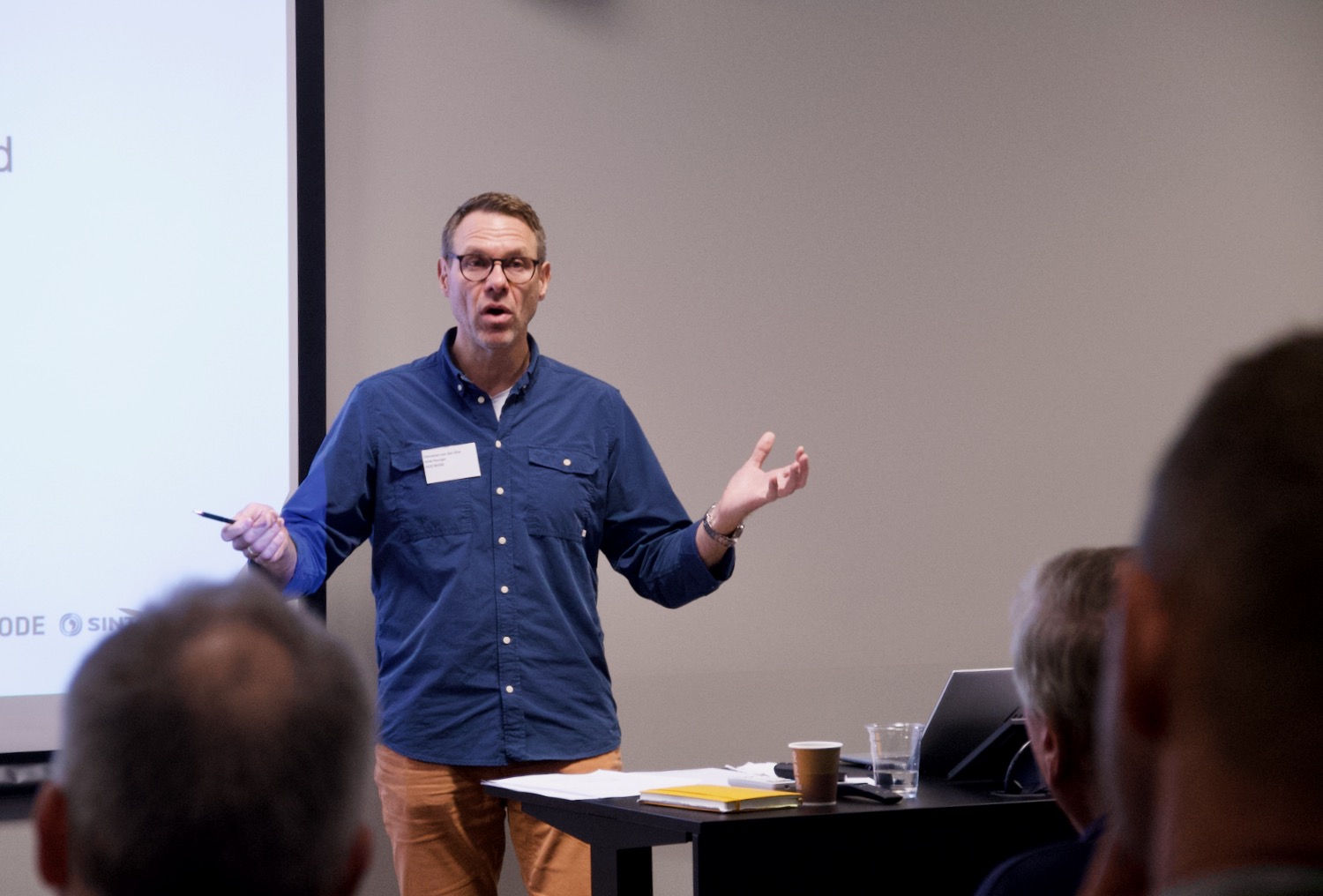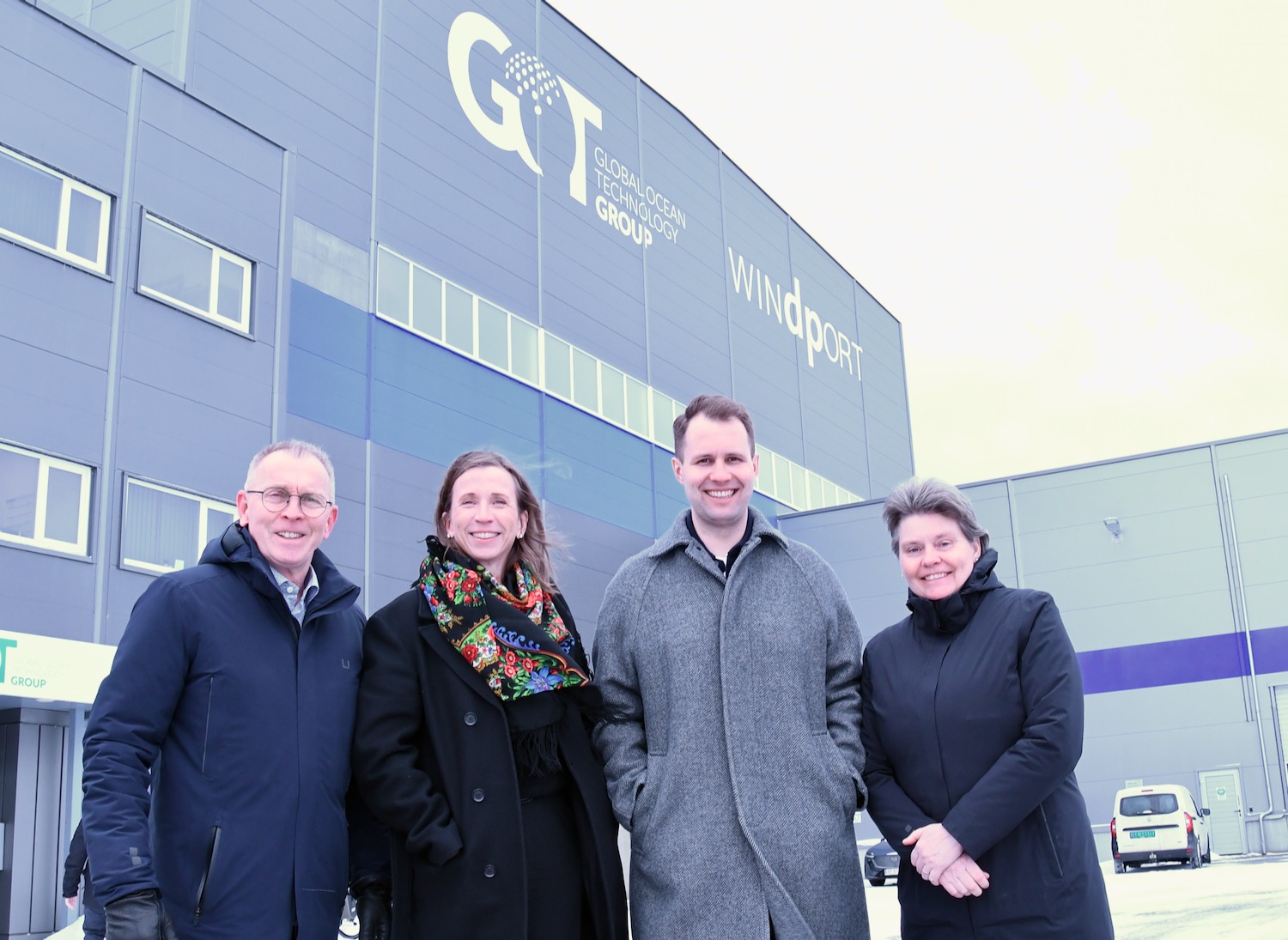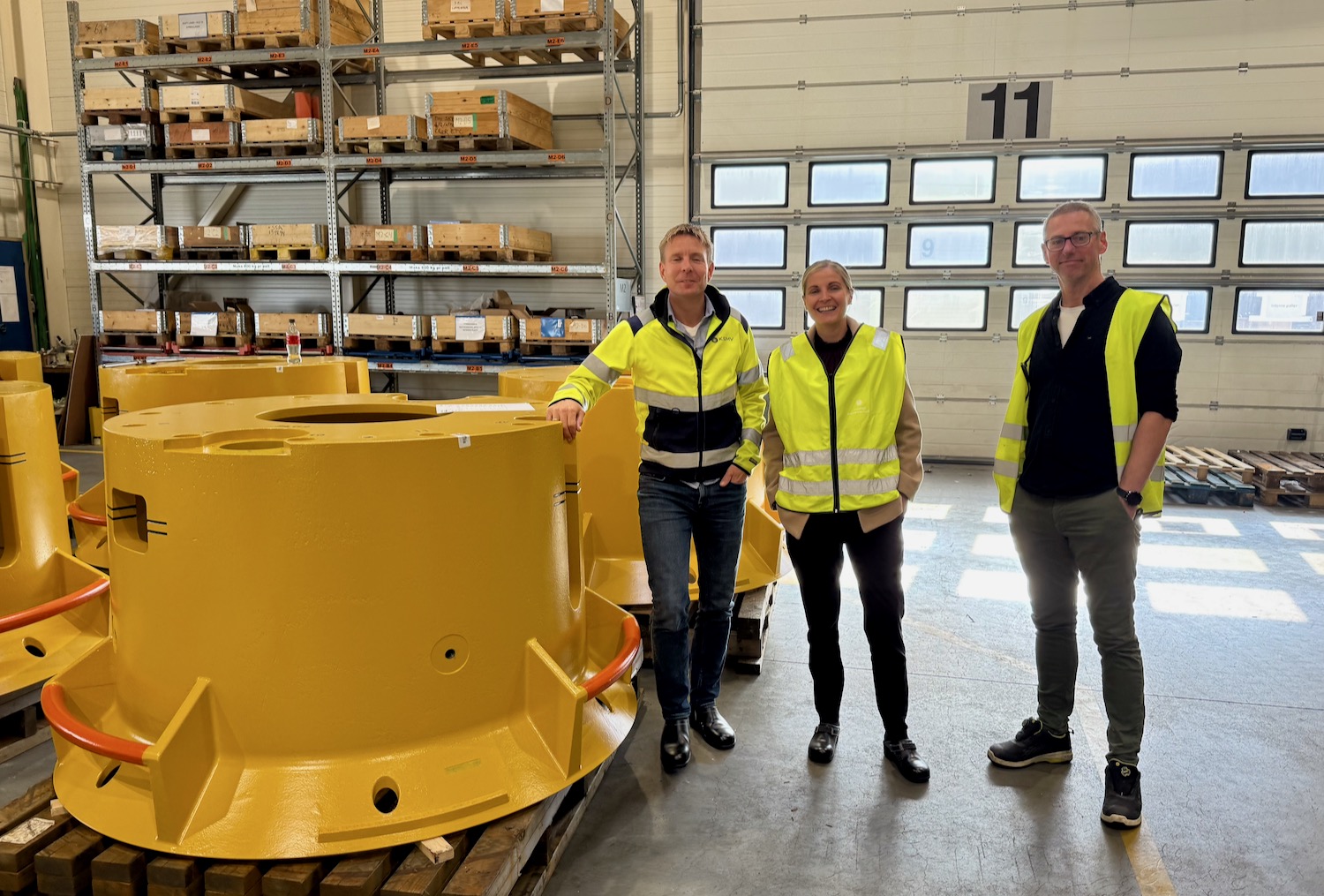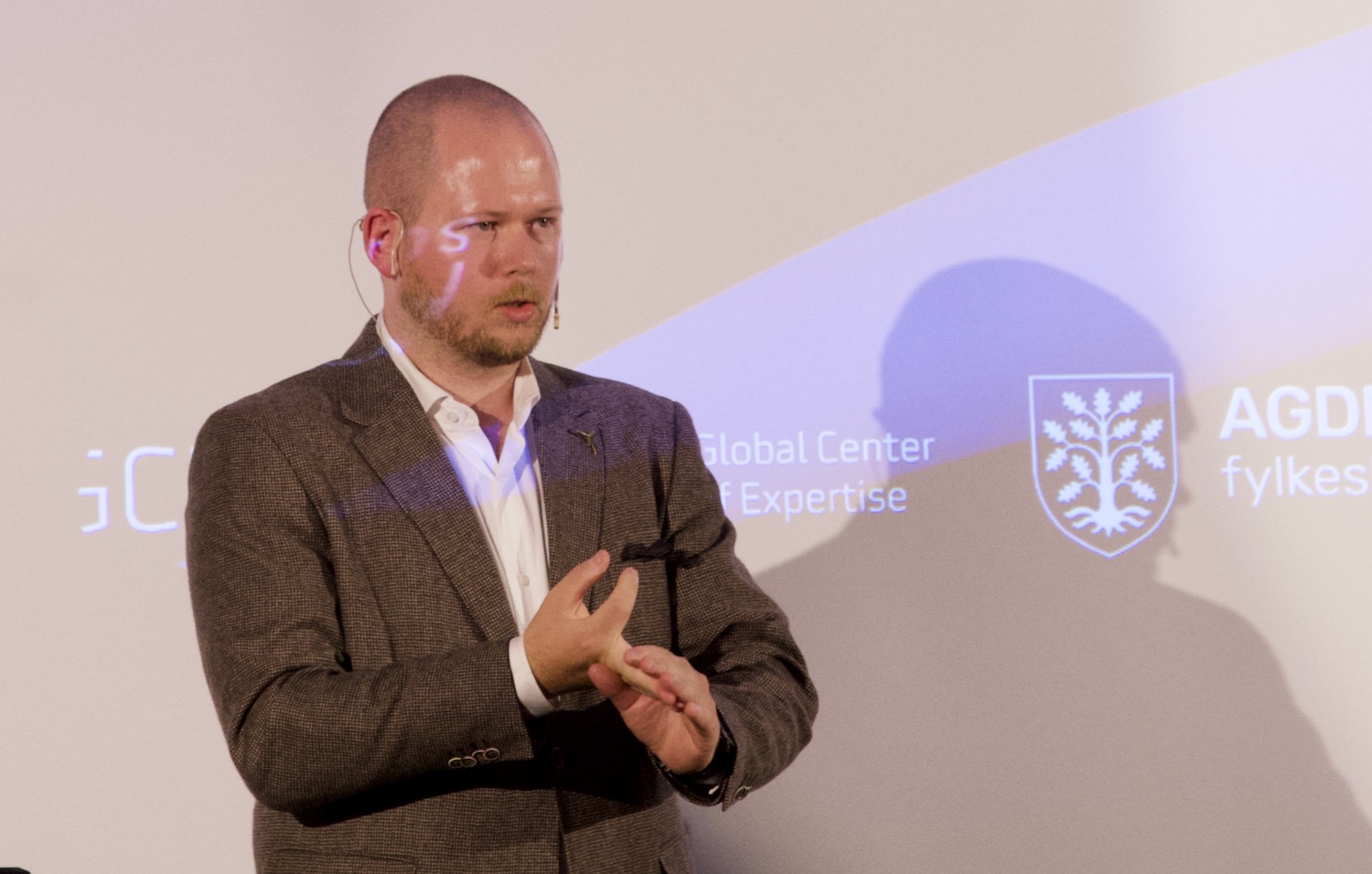The network is part of the European Cooperation in Science & Technology (COST) for research and innovation networks.
Holding a PhD in Mechanical Integrity from the Norwegian University of Science and Technology, von der Ohe is also involved in Scientific Groups run by the European Federation of Corrosion (EFC) by virtue of being on the board of EFC’s Work Package 18 Tribo-Corrosion.
“We are proud to have Christian serve in these roles. He is widely recognized for his competence in mechanical integrity; tribo-corrosion, metallurgy, and product development for harsh offshore and subsea environments,” says Tom Fidjeland, CEO of GCE NODE.
The main aim of the new Ocean Tribology Center is to create a pan-European-wide network of countries with a strong offshore affiliation for promoting collaboration and knowledge-sharing towards the development of sustainable, reliable and energy efficient ocean systems.
The network will focus on the science and technology of friction, wear, and lubrication as well as tribo-corrosion of interacting surfaces in motion and operating in a marine environment, hence, coining it as ocean tribology. The network will combine expertise and infrastructure to generate insights that are applicable to different ocean systems or offshore installations, including offshore energy generators (wave, tidal, offshore wind, floating solar), subsea/submersible equipment and machinery on ships and rigs.
“It is driven by the ambition to realize sustainable and energy-efficient systems that can withstand the harsh ocean conditions with minimal ecological impact on the aquatic environment,” explains von der Ohe.
PROLOGING SERVICE LIFE
“It is imperative to develop materials that can withstand the wear, reduce friction and prolong service life of critical systems exposed to sliding or rolling contact. By reducing friction – this includes environmentally friendly lubricants – the efficiency of systems increases. All ocean industries stand to benefit from this, but it is perhaps more important to renewable energy sources that need to reduce cost and increase profitability,” says von der Ohe.
The COST Center’s Management Committee comprises 18 people from 13 countries, including Belgium, Croatia, Estonia, Germany, Italy, Lithuania, Netherlands, Norway, Polen, Portugal, Spain, Sweden, and the UK.
Professor Nuria Espallargas at the Norwegian University of Science and Technology (NTNU) is another Norwegian appointed the same committee.
“NTNU is a frontrunner within tribology. The university’s Tribology Lab was established in connection with the NODE ART project, which a lot of GCE NODE companies took part in during the years from 2006 to 2011,” says von der Ohe.
The 4-year long Tribology Center opens in October. It comprises these six work packages:
- Mapping and expansion of relevant EU open test infrastructure, protocols and databases
- Advanced materials & lubrication for sustainable ocean systems
- Optimized design methodologies for durability-by-design of ocean systems
- Condition monitoring & diagnostics for operational systems in ocean environments
- Opportunities for R&D, infrastructure & widening participation
- Dissemination, exploitation, communication & training
CONTACT
Please contact Christian von der Ohe if you need network activities of use cases concerning Ocean Tribology.
QUESTIONNAIRE
If you have knowledge about or experience from ocean tribology, we kindly ask you to answer this questionnaire from the MORE project. The project was established to assist in the development of the next generation marine materials.



